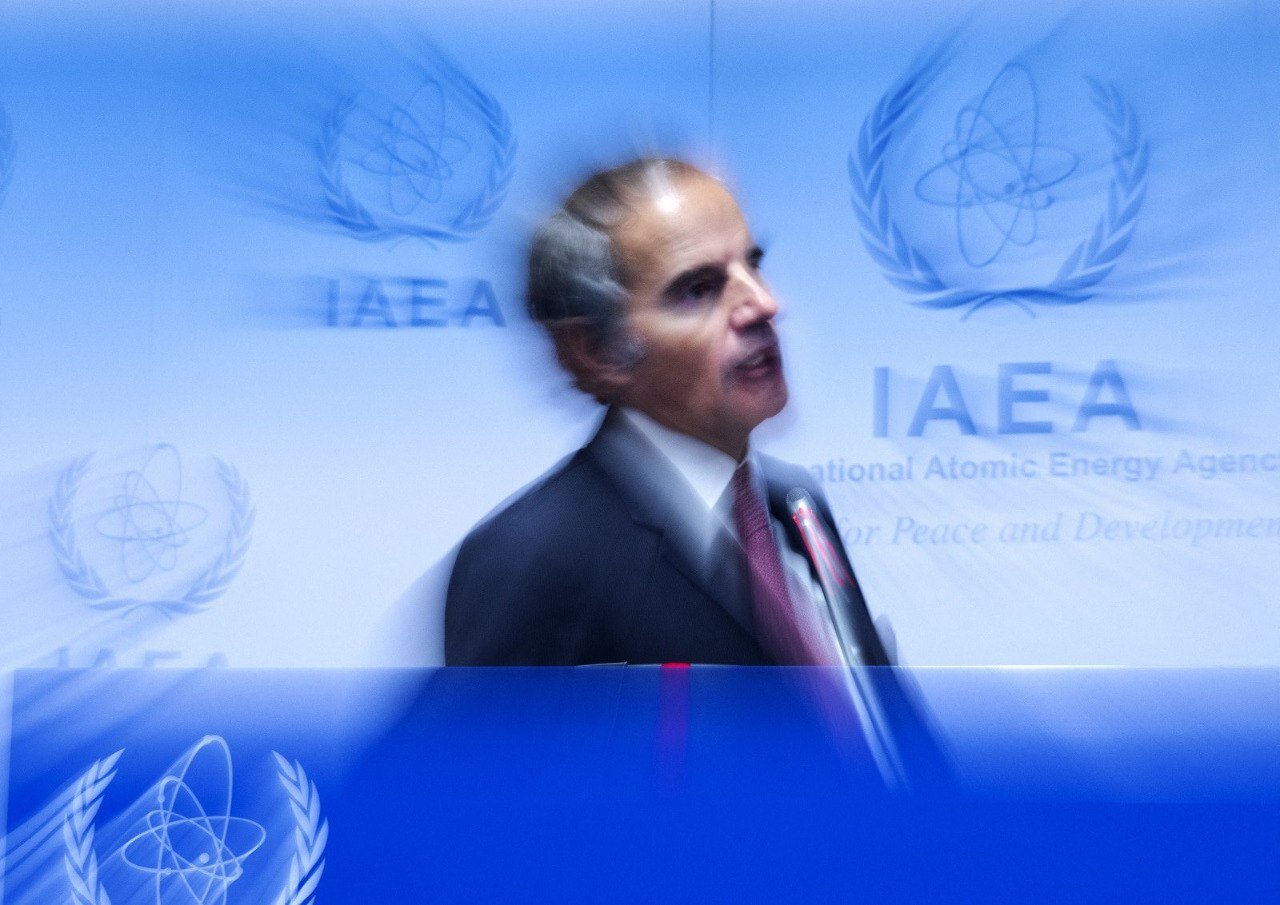IAEA’s old playbook may lead to different consequences this time

TEHRAN – Western states have long used the International Atomic Energy Agency (IAEA) as a tool of pressure against Iran, recycling discredited Israeli intelligence and crying "non-compliance" whenever diplomatic progress fails to yield them concessions from Iran. But after years of this tired strategy - and despite Iranians’ continued good-faith cooperation - Tehran may finally be ready to reset the equation.
Such a move would serve as a long-overdue reckoning for an IAEA that has consistently allowed itself to be politicized, and for Western powers that have mistaken patience for weakness.
According to reports originating from Western media, the IAEA claimed in a confidential report to member states that Iran has failed to report its nuclear activities at three undeclared locations and raised concerns about the country’s stockpile of uranium enriched up to 60% purity. Capitalizing on these claims, the U.S., UK, Germany, and France are preparing a draft resolution for adoption at the IAEA Board's June 9 meeting. If passed, this would mark Iran's first formal non-compliance designation in nearly two decades.
The tale of Iran’s nuclear program
Iran’s nuclear program began before the Islamic Revolution and during the Shah’s regime. It gained momentum a while after the establishment of the Islamic Republic, and has been under Western scrutiny ever since, which turned to debilitating sanctions during the Obama administration to force limitations on it.
IAEA is paving the way for the activation of ‘snapback’, a JCPOA mechanism set to expire in October Iran agreed to sit at the negotiating table during the 2010s. After years of intense negotiations, Tehran and the 5+1 group of countries (U.S., UK, France, Russia, China, and Germany) signed the Joint Comprehensive Plan of Action (JCPOA) in 2015, a deal that imposed caps on Iran’s nuclear activities in exchange for the termination of sanctions.
Western states began badgering Iran again after U.S. President Donald Trump left the pact in 2018 and re-instated sanctions against the country. The economic blockade grew even more baleful as Washington expanded it to include secondary sanctions, effectively threatening third-party countries doing business with Tehran.
European signatories to the deal initially said they were opposed to Trump’s decision, and that they wanted to salvage the deal. But they dropped the act after a more European-aligned president – Joe Biden – came into office. Over time, the E3 (UK, France, and Germany) introduced their own sanctions while hypocritically demanding that Iran continue adhering to its JCPOA obligations—even as the deal itself lay in ruins.
Iranians have historically been patient—until they are not
Even though Iran got played by the West all these years, the country decided to give diplomacy one more chance. Iran began indirect talks with the U.S. this April, and even proceeded to fill in the E3 on the talks separately, despite Washington, their ally, having rejected Europe’s presence in the discussions themselves.
Yet even as Iran seeks diplomatic engagement, Western states continue their relentless pressure campaign. The latest IAEA report regurgitates tired allegations, but its true significance lies in providing the West with justification to trigger the so-called snapback mechanism before its October expiration deadline. This mechanism, which would automatically reimpose all UN sanctions on Iran, can only be invoked if JCPOA signatories declare Iran non-compliant. While the U.S. lost its snapback authority after abandoning the deal in 2018, European signatories have repeatedly threatened to exercise this option themselves.
The goal, analysts believe, is to force Iran to give up its uranium enrichment capabilities as part of a new deal with Washington. Iranians, however, have reiterated time and time again that they would never cease uranium enrichment, and that they would maintain the right, given to them under the NPT, with or without a deal.
What Iran might do next was made clear by Kazem Gharibabadi, a senior diplomat and part of the team involved in talks with the U.S., in a statement published on Sunday.
“Iran is neither pursuing nuclear weapons nor does it possess any undeclared nuclear materials or activities. Iran has hitherto remained committed to all of its obligations. The cost that Iran has borne has been for the sake of preserving its dignity, honor, progress, and steadfastness in the face of coercion and the hegemonic ambitions of certain powers,” he wrote.
“Should these states choose to abuse Iran’s patience and persist in their erroneous path, Iran will be compelled—commensurate with the evolving circumstances and actions of the other parties—to adopt and implement appropriate decisions, the responsibility, consequences, and ramifications of which shall rest entirely with those states.”
The deputy foreign minister did not specify the potential actions Iran might take if the West pursues more destructive measures. But he had previously said Iran would consider leaving the NPT, a treaty restricting non-nuclear states from developing nuclear weapons, if snapback is activated.
Leave a Comment